Ever wondered why some people seem to effortlessly think outside the box, coming up with ideas that are as unconventional as they are brilliant? Possibly one of the secrets behind this creativity has just been discovered by a new study. This is according to a research documented in Brain and Cognition which reveals that creative individuals process surprising or unusual information differently hence leading to their unique thinking patterns.
Creativity and the Brain: A Fresh Perspective
Creativity has been linked to a broad attention span that enables individuals to notice minute details that other people may tend to ignore. However, it was previously thought that this trait resulted from lack of cognitive control thereby causing creative minds to wander into unchartered territories. Nevertheless, recent findings challenge such an assertion suggesting that the creative brain would rather prioritize information differently thus making it ostensibly more efficient.
In terms of how we navigate the world, salience processing is very important because it helps us determine what is important and needs prioritization. This system plays its role in deciding what we should pay attention to while also guiding our actions and behaviors. For creative persons however, it seems like this system operates differently therefore enabling them to retrieve and use such data for other purposes which might appear irrelevant or inappropriate.
The Research: Exploring Creative Thinking
To explore this idea further, two studies were performed by Madeleine E. Gross’s group of scientists. The first one aimed at discovering how the brains of creative people respond to odd stimuli whereas the second one was about how they react towards rewards in everyday life situations.
For using them productively within fifteen minutes, 51 participants completed an Incomplete Figures Task (IFT) involving turning several lines into complete pictures. Subsequently, they took part in an “oddball” task while their brain activities were being recorded through an electroencephalogram (EEG). Herein there were a series of images most of which were rocks but occasionally there was an apple appearing as a surprise. The researchers were specifically interested in P300—a brain wave that usually goes up when one comes across something surprising or significant.
A Different Response to the Unexpected
What the researchers found was intriguing: creative individuals showed a reduced P300 response to these oddball stimuli. In other words, their brains didn’t react as strongly to the unexpected apple as less creative individuals’ did. This implies that some people who are creative may not consider surprising information as remarkable as others do and thus they can equally treat unusual details interestingly just like ordinary ones.
According to Gross, “Our study discovered that creative people do not see strange information as weird; they process it like regular information.” It is this ability of theirs to blur the line between what’s normal and what’s unconventional which makes them able to think out of the box by noticing things and ideas that others would miss.
Creativity and Motivation: A Broader Drive
The second study took a different approach, examining how creativity influences motivation and reward processing. Here, 200 participants completed the Alternate Uses Task, which required them to think of creative uses for a common object, such as a cardboard box. They also answered questions about their enjoyment of and motivation for everyday activities.
The results showed that creative people sought out a wider range of experiences, indicating a general desire for rewarding experiences. However, their motivation differed from that of “non-creative” individuals in terms of its relationship to their enjoyment (liking) of the tasks. This means creativity may not be driven by immediate pleasure but various other interests.
Implications and Re-thinking Creativity
The findings can help us understand how creative minds work. It is not that they are scatterbrained or unfocused; instead, they might be processing and prioritizing information in a way that makes them see connections and opportunities where others cannot.
According to Gross, “our findings imply that creatives are more likely to attend on different dimensions in their environments.” This aberrant style of salience attribution might explain why creators often appear as though they are innovative or imaginative when in reality what they do is blur the lines between conventional and unconventional thinking.
All the same, it also finds there’s intricacy about creativity. Some forms of creativity demand a broad attention scope like “leaky” enabling exploration into unconventional ideas while some need it controlled and focused. Recognizing these subtleties is important when it comes to nurturing the trait in diverse settings such as fine arts, natural science or day-to-day problem solving skills.
Prospect: The Future of Creativity Research
This study opens up new areas for investigations into the brain basis of creativity. Another line for future research could involve inquiries into whether these patterns apply across additional populations or for different types of creativity. There are also potential practical applications—can we alter the salience processes responsible for enhancing creativity through exposure to alternative art or other events?
Gross said, “the goals long-term abound.” He further noted, “We’re excited about manipulating salience processes with a view towards fostering creative expression. For instance, certain settings may promote untypical attentional engagement—for example aesthetic experience which involves exposure to weird and freaky forms of art or even cannabis use.”
As we continue to understand creativity better, we become able to promote and develop it more effectively. In the future, there are various possibilities for advancing this trait through targeted interventions or a simple understanding of its process.
The article “Why creatives don’t find the oddball odd: Neural and psychological evidence for atypical salience processing” was written by Madeleine E. Gross, James C. Elliott, and Jonathan W. Schooler.




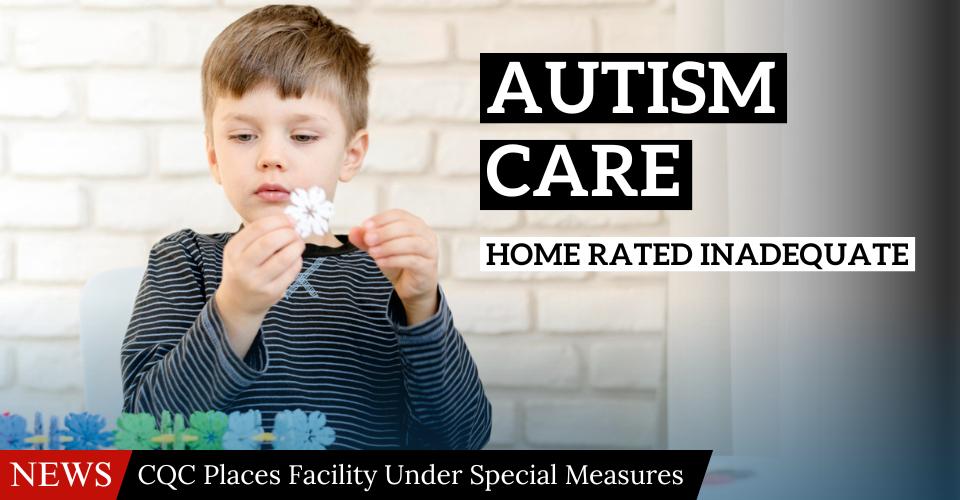
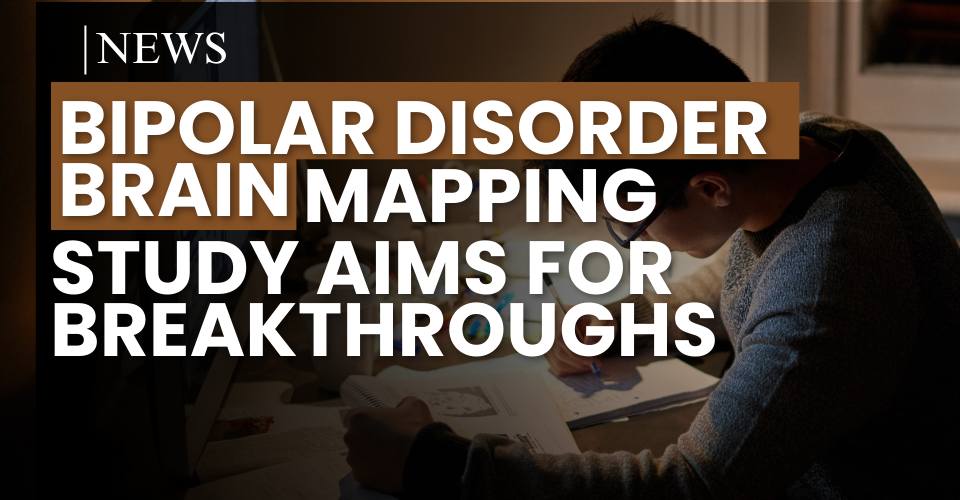


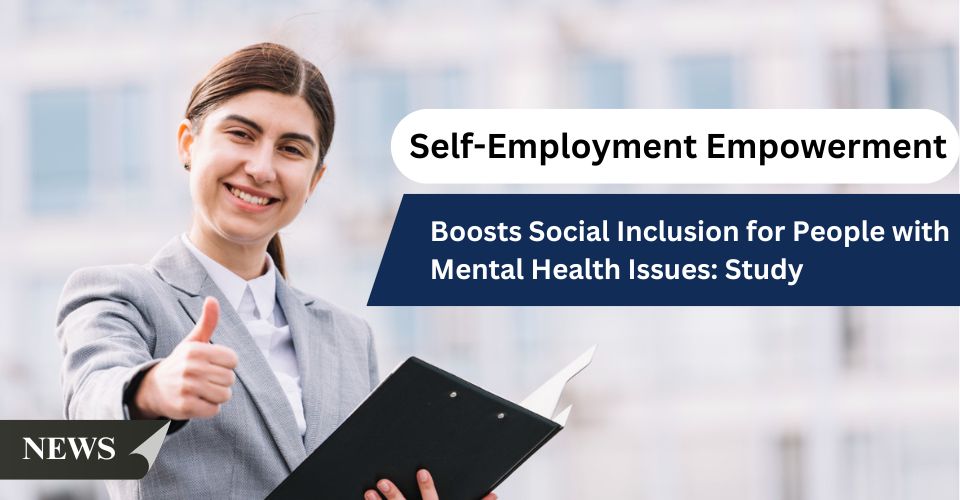

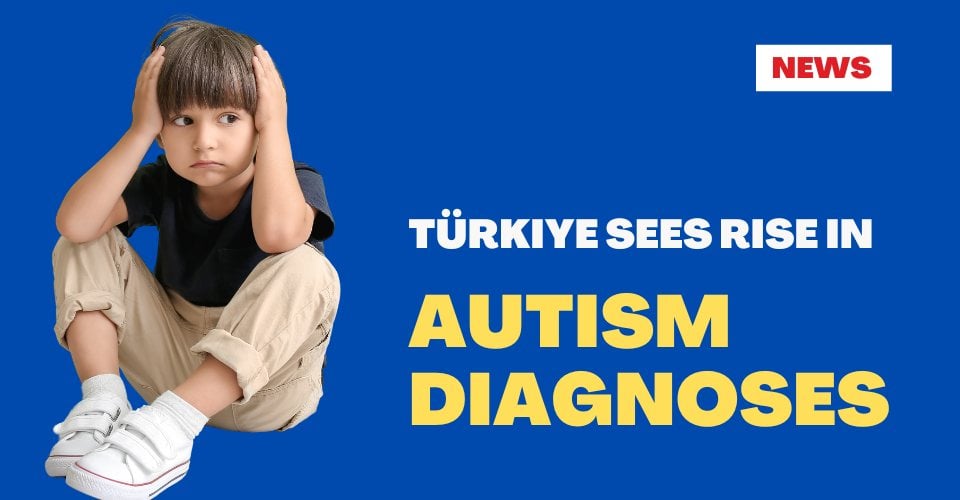
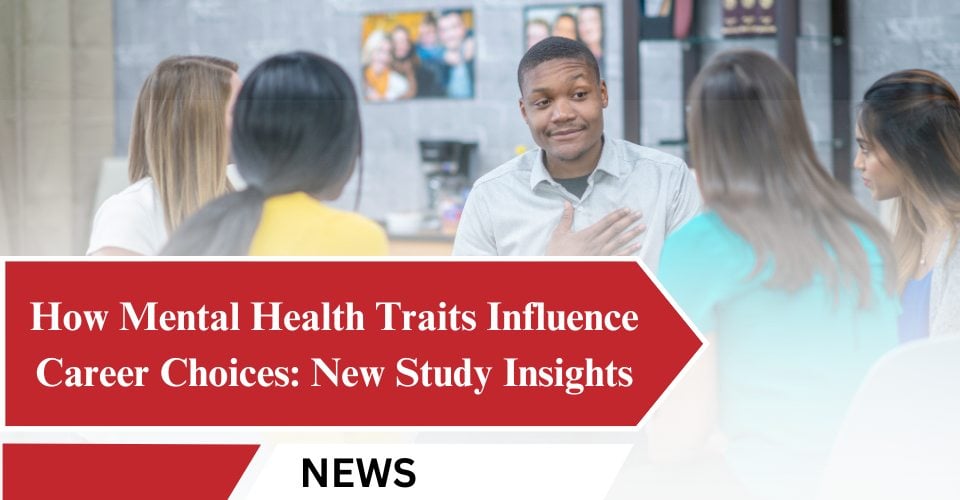
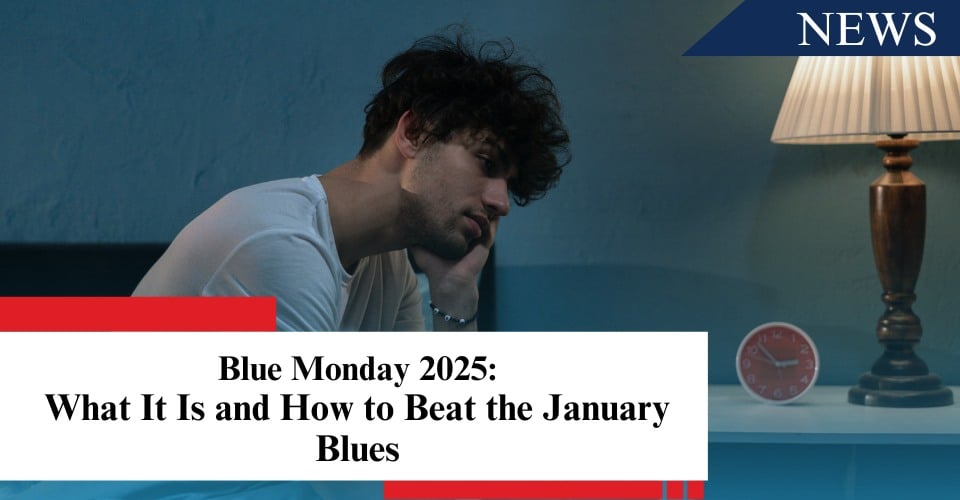



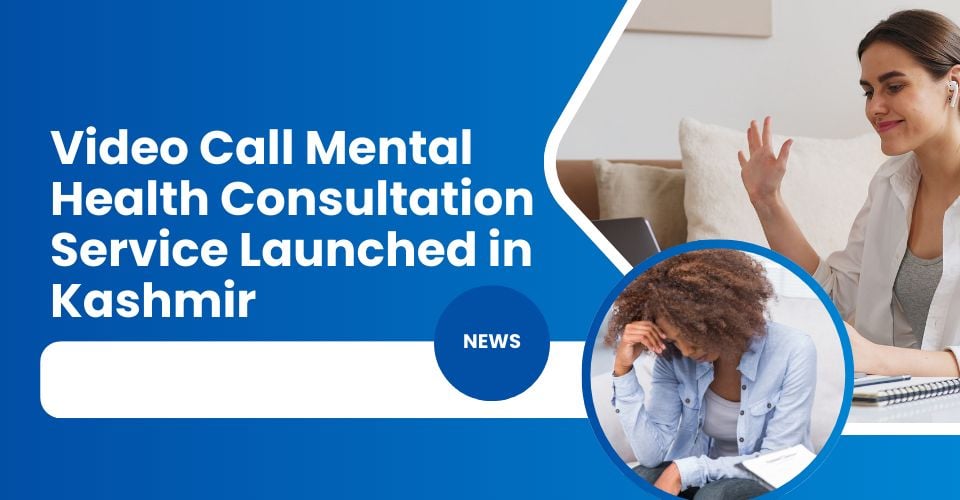

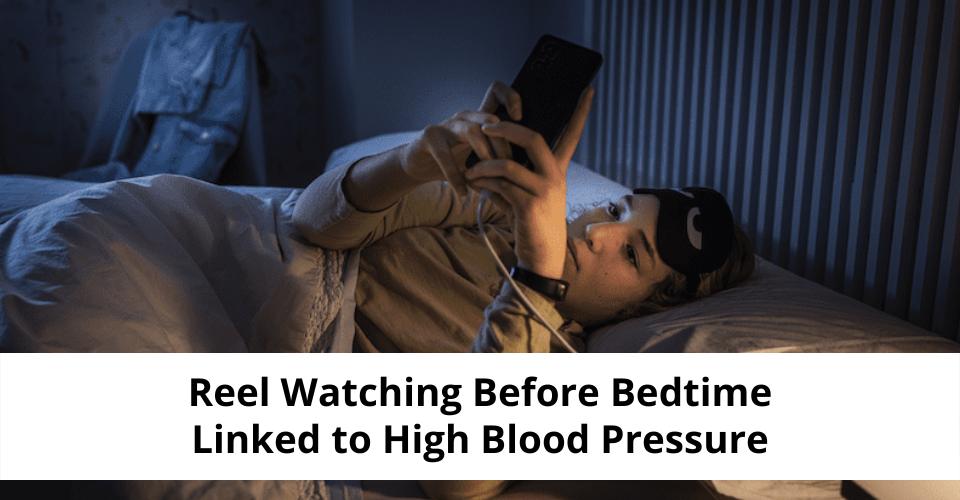
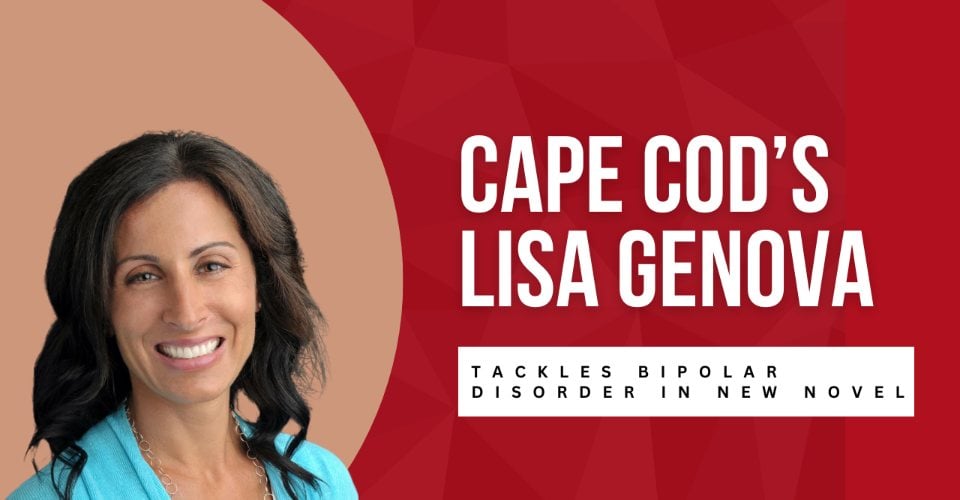


Leave a Reply
You must be logged in to post a comment.